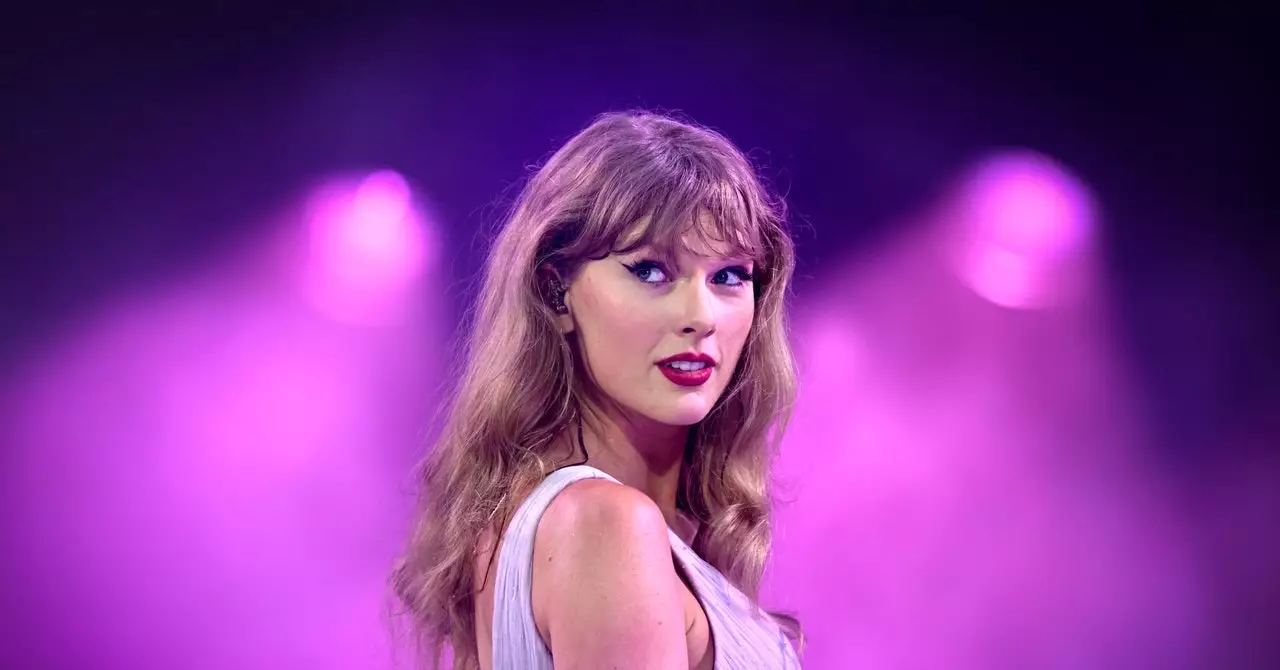Former president Donald Trump has once again stirred controversy by sharing AI-generated images on Truth Social that falsely claim Taylor Swift fans are supporting his campaign. The images depict young women wearing “Swifties for Trump” T-shirts, with one even suggesting that Taylor Swift herself endorses Trump for president. This misleading tactic seeks to create the illusion of a coordinated movement of support that may not actually exist.
The use of AI-generated images to deceive the public, especially in the context of a political campaign, raises ethical concerns. By spreading manipulated content, Trump is blurring the lines between reality and fiction, potentially influencing public opinion through false information. The nonprofit True Media’s tool identified “substantial evidence of manipulation” in many of the images shared by Trump, highlighting the need for greater transparency in online discourse.
Despite Trump’s attempts to portray a significant Swifties for Trump movement, there seems to be no official campaign initiative from Taylor Swift fans. Instead, there is an active Swifties for Harris group, demonstrating support for Vice President Kamala Harris. Irene Kim, cofounder of Swifties4Harris, emphasizes that genuine support does not need to rely on AI-generated images to validate its existence. The use of deepfakes and manipulated content undermines the authenticity of political discourse.
Trump’s history of sharing AI-generated images extends beyond the current controversy with Taylor Swift fans. He previously made false claims about the Harris campaign using AI to inflate crowd sizes at rallies, as well as posting a manipulated image of Harris with a Soviet Union flag at the Democratic National Convention. Disinformation experts have warned about the dangers of generative AI tools in spreading misinformation and distorting reality, particularly in the lead-up to elections.
While Taylor Swift has not publicly endorsed any candidate for president, her previous endorsement of President Joe Biden in 2020 is well-documented. The exploitation of celebrities’ images and reputations for political gain is a common tactic used in campaigns, but the use of AI-generated content takes this manipulation to a new level. As public figures with large followings, celebrities like Swift can inadvertently become pawns in the political game of disinformation.
The deceptive use of AI-generated images in political campaigns poses a significant threat to the integrity of elections and public discourse. By manipulating visuals to create false narratives and distort reality, politicians like Trump are undermining the trustworthiness of online content and perpetuating a culture of misinformation. It is essential for the public to remain vigilant against such tactics and demand greater accountability from those in positions of power. Only through transparency and truth can we ensure the integrity of our democratic processes.


Leave a Reply